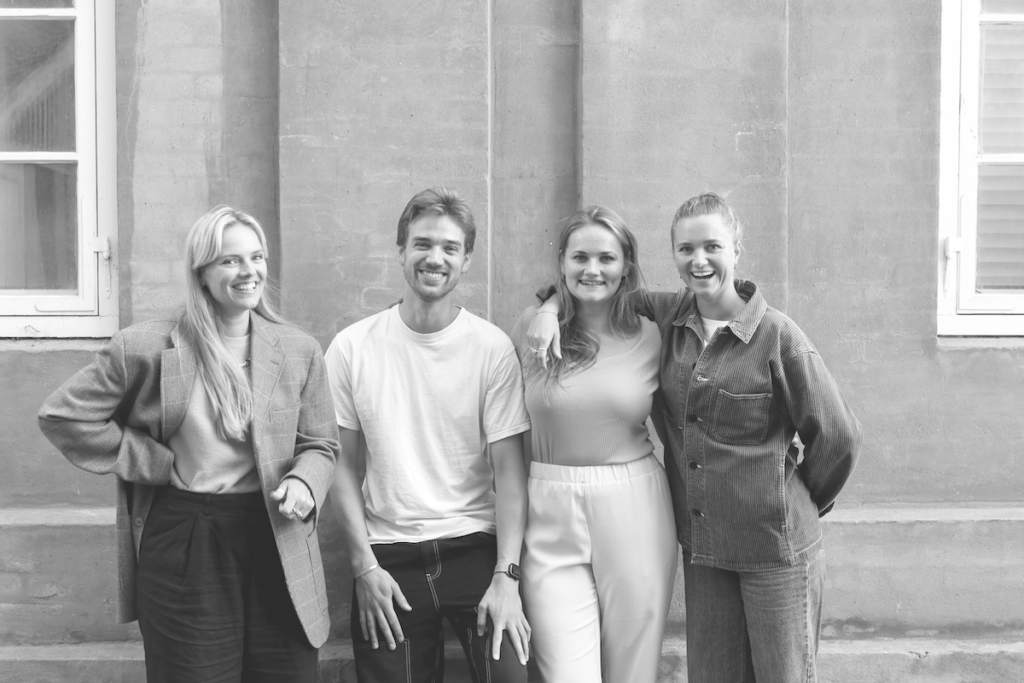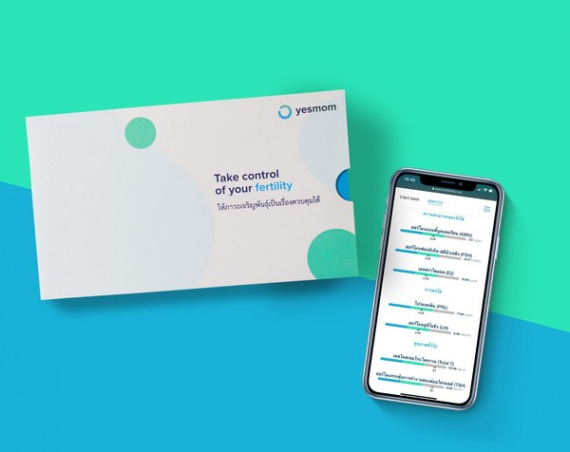
In maternal health, an issue often overlooked yet critically impactful is that of birth ruptures, particularly perineal tearing during childbirth. This condition, affecting a significant percentage of vaginal births, has long been a point of concern in women’s health, yet – despite the prevalence and potential long-term effects of such injuries – solutions and discussions around them have been rather limited. Oasi Care, a Danish startup co-founded by Ditte Marie Ibsen and Julia Sand Skovsted, that’s spearheading efforts to address this overlooked aspect of maternal health, is now looking to change this.
The startup has developed a novel medical device designed to significantly reduce the risk of perineal tearing. Their easy-to-use solution is applied during childbirth. Its design is based on extensive research and consultation with healthcare professionals, ensuring both efficacy and safety. The device works by gently supporting the perineal area during delivery, thereby reducing the stress and strain on the tissue that often leads to tears.
One of the key features of Oasi Care’s device is its simplicity, making it highly adaptable and applicable in various healthcare settings worldwide, including in regions with limited medical resources. Its ease of use does not require extensive training, making it accessible for healthcare providers in diverse medical environments. This universality is crucial, as perineal tearing is a global issue, affecting millions of women irrespective of geography.
Currently, the company is gearing up for crucial phases like feasibility studies and clinical trials, vital steps in ensuring the device’s effectiveness and safety. These studies will provide essential data that could pave the way for the device’s introduction into healthcare systems worldwide.
In our interview Oasi Care Co-founder Ditte Marie Ibsen emphasized the need for more innovative solutions in women’s health: “I think a lot about women’s health. And talk to many people about women’s health. We’re often told it’s complicated, and under researched, so a difficult space to be in. But then as humanity we’ve also accomplished other difficult things, like sending people to the moon. So why is there not more innovation in women’s health despite the advancements we’re making in other fields? I have my own theory and it’s a sobering one: I’m sure that if men gave birth, birth ruptures would be a thing of the past. This is what motivates me and inspires much of the work we do at Oasi Care.”
The simplicity and potential global application of Oasi Care’s device mark a significant step in making childbirth safer for women everywhere. This device not only has the potential to reduce the physical complications associated with childbirth but also to elevate the overall standard of maternal care.
The startup’s innovative approach extends beyond the device itself; it involves advocating for a broader change in the management and discourse around maternal health. By addressing a common yet under-discussed issue, Oasi Care is contributing to a more open conversation about women’s health challenges. And that open conversation, as many of you will know, is long overdue.



